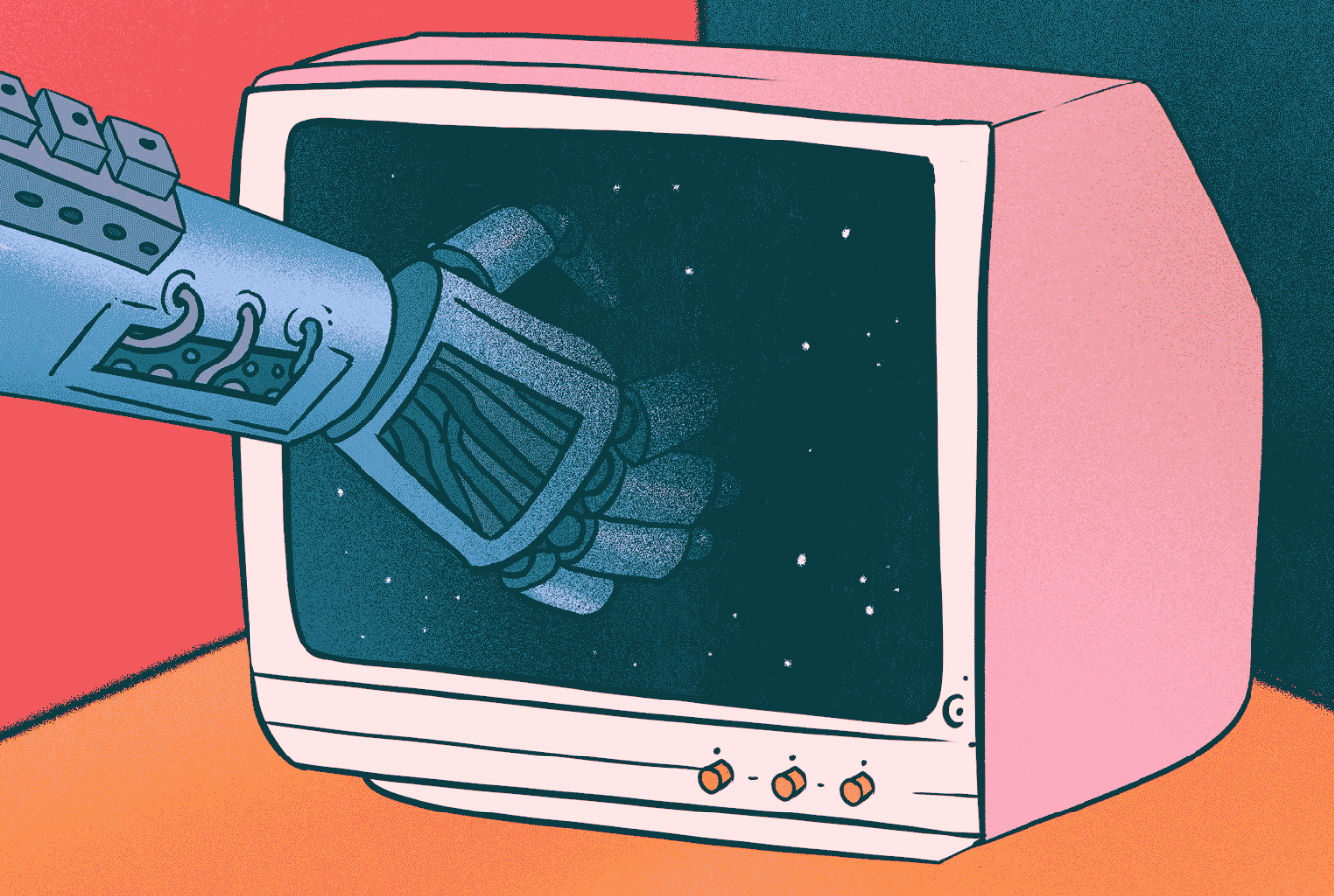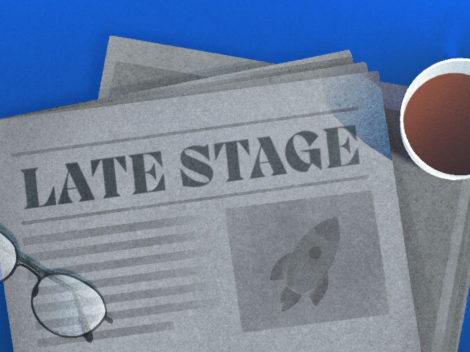If you haven’t heard, artificial intelligence (AI) startups are sort of a big deal.
It’s a tech category that has left the halls of academia in favor of entrepreneurs’ innovative embrace. In turn, those entrepreneurs are holding their hands out to investors who have shown an increasing willingness to invest. Whether the current cohort of AI startups find market traction, and, eventually, the exits their backers anticipate, is an open question.
Follow Crunchbase News on Twitter & Facebook
Of course, for AI startups being funded, there are two paths to exit for founders and their investors: going public or being acquired. Since many of the startups in the category are still fledglings in progress, that leaves acquisitions, in the near-term, as the most viable exit path.
So just how many exits by way of acquisition have AI startups taken over time? And who is hungriest to automate us all away (including yours truly)?
Let’s answer those questions. And hopefully, we will be done before I’m replaced by an algorithm.
The Pace Of AI Startups Is Rising, But May Have Peaked
Using Crunchbase data, we analyzed 281 acquisitions of AI startups announced from 2011 to 2017 year to date. We defined an AI startup as any company that claims to use AI or machine learning as a main feature of their product’s offering. (Notably, it is debatable how genuine the “AI” in AI startups may be. For this article, we are presuming that startups claiming to be AI-focused are operating in good faith.) Autonomous electric vehicle startups and its ancillaries were not included for sake of scope.
Not surprisingly, as the chart below shows, the pace of AI startup acquisition has increased greatly over the years:

Through 2012, acquisition of AI startups remained relatively flat, with a little over half a dozen AI startups acquired every year. However, acquisition pace increased sharply in 2013, a year that saw 24 AI startups being acquired.
To elucidate the increased pace of AI acquisition further, from 2007 to 2012, acquisitions of AI startups experienced a compounded annual growth rate of 25 percent. Meanwhile, from 2013 to 2016, the compounded annual growth rate of AI startup acquisition nearly doubled to 49 percent. Prior to 2012, AI startup acquisition putted along at a steady pace, but starting in 2013 through today, AI acquisition has continued to see substantial increases.
However, a slight slowdown may be on the horizon.
Thus far, in 2017, an average of nine AI startups have been acquired every month. Assuming the pace of acquisition remains steady, a total of 99 AI startups will be acquired by the end of the year, bringing our estimated compound annual growth down to 43 percent. In short, even though the total number of projected acquisitions for 2017 will hit a record, the pace of that growth appears to be slackening.
This diminishing pace may be attributable to the lack of M&A activity in 2017 as a whole, according to Crunchbase News’ Q2 venture report.
Regardless, more AI startups are being acquired every year. And there are a handful of companies that are eager to scoop up as many AI startups as possible.
Who Wants To Be The Most (Artificially) Intelligent Of Them All?
AI isn’t just an interest area for startups. It’s increasingly part of many large tech companies’ core strategy. And not surprisingly, those who have publicly made AI a focus have also been the most acquisitive.
Using Crunchbase data, we calculated which companies have acquired the most AI startups based on announced transactions. It’s unlikely those companies that rank in the top 5 will shock you.
So far this year, Google, the largest acquirer of AI startups, has purchased Halli Labs and Kaggle for undisclosed sums. The search giant also acquired Deepmind, a learning algorithm company, for a total of $500 million. The company now has been rebranded “Google Deepmind.”
Following Google is Apple, which is notoriously acquisition shy. (Out of the top five acquiring companies on the chart, Apple only beats Intel and Salesforce in terms of total documented acquisitions.) But even though Apple’s total number of acquisitions is comparatively light when compared to Google, the company, which has been accused of not innovating enough in AI, has made overtures to a number of AI startups.
So far this year, Apple has acquired two AI startups: RealFace to the tune of $2 million, and Lattice, a company that turns “dark data” into structured data, for a sum $200 million. Whether acquiring these startups is enough to close Apple’s perceived gap is up for debate.
Meanwhile, Google’s AI ambitions, as viewed through its acquisitions, are not in question. The company has made over one-third of the total number of acquisitions made by the top five AI acquirers in our chart. What that says about each company’s ambitions is unclear. Salesforce has expressed its interest in AI through its corporate venture capital arm. And although Intel has announced a pivot to AI in an attempt to stave off competitors, it’s unclear why its acquisition ambitions are tempered in comparison to its peers.
Regardless, it’s definite that big money is chasing AI startups. And assuming startups continue come up innovative solutions to complicated problems using AI, it’s more than likely the flow of money will continue unabated.

Stay up to date with recent funding rounds, acquisitions, and more with the Crunchbase Daily.




![Illustration of stopwatch - AI [Dom Guzman]](https://news.crunchbase.com/wp-content/uploads/Halftime-AI-1-470x352.jpg)






67.1K Followers